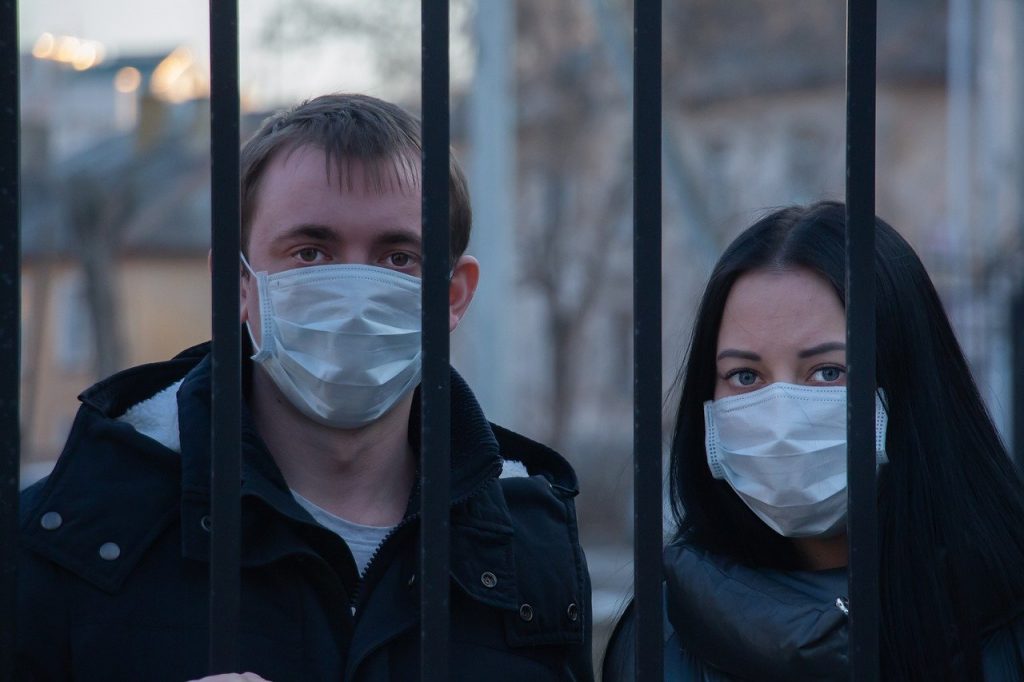Women – both those in work and those out of work – are reporting higher stress levels than their male counterparts, as the Covid-19 pandemic continues to take its toll on the nation’s mental health.
Research shows that more women report feeling stressed than men, with 73% of employed and 78% of unemployed women saying they have felt very or somewhat stressed in the past month, versus 57% of employed men and 70% of unemployed men.
The poll of more than 1,000 British adults by online professional networking site LinkedIn found that overall around two-thirds of employed Brits are feeling “very or somewhat stressed”, rising to 75% among those who are currently unemployed.
Seven in ten UK professionals have experienced elevated levels of stress in the past month.
Researchers that carried out LinkedIn’s fortnightly Workforce Confidence Index also found that women are also more likely than men to spend increased time on work-related activities this festive period. More than a third of women (34%) expect to spend more time working than they did this time last year, while just over a quarter of men say likewise. People also expect to check in on work during their time off, with 37% of women and 29% of men suggesting they expect to do this more than in 2019.
The poll also found that as a result of the Covid-19 pandemic, most people expect to spend more time on housework and job seeking over the festive period, and less time on socialising and leisure this year.
Almost half of women (45%) expect to spend more time on job seeking during the end-of-year period than they did in 2019, while just over a third of men say the same.
Researchers said that given the coronavirus restrictions currently in place, it is “perhaps unsurprising” that the “vast majority” of people (92%) say they expect to spend less time this year attending end-of-year social events and 84% say they will travel less than they did at the end of 2019.
Half of people also expect to take less time off and a third expect to spend more time working.
Work concerns were among the least important factors in people’s plans, with around a quarter of both men and women suggesting that workplace policies and flexibility played a role influencing their end-of-year plans.
